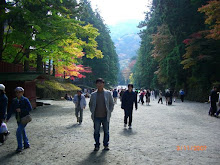Top MBA programmes 2008
1. University of Pennsylvania: Wharton 2. London Business School 3. Columbia Business School 4. Stanford University GSB 5. Harvard Business School 6. Insead 7. MIT: Sloan 8. IE Business School 9. University of Chicago GSB 10. University of Cambridge: Judge
Top masters in management programmes 2007
1. HEC Paris 2. Cems/London School of Economics and Political Science 4. ESCP-EAP European School of Management 5. Essec Business School 6. EM Lyon 7. Grenoble Graduate School of Business 8. Audencia 9. Stockholm School of Economics 10. RSM Erasmus Univeristy









